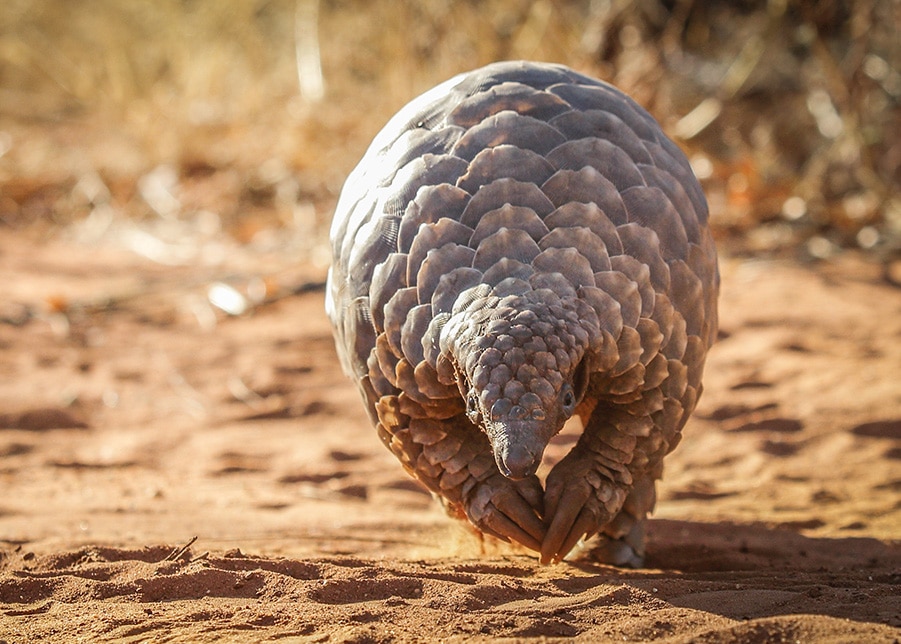Wildlife around the world is being destroyed and exploited at an unprecedented rate. Forests are being illegally logged, and the illegal timber trade, as reported by INTERPOL, is $51 -$152 billion annually. Our oceans are being fished at unsustainable rates with illegal fishing according to the Food and Agriculture Organization (FAO) at 26 million tons annually valued at $10-$23 billion, and endangered animals being trafficked to extinction at the rate by some estimates in the range of $7-$23 billion a year. At the center of this ecological genocide is the black market for these resources. Through widespread foreign corruption and organized crime, the trade is allowed to continue.
Whistleblowers may be able to change the dynamics of this problem. Over the decade since the Dodd-Frank Act was passed, new whistleblower protections and reward systems have successfully encouraged people to report fraud and corruption from inside organizations and proved this to be a far more effective method unveiling corporate fraud. We believe that this same system will work to disrupt the illegal wildlife trade if applied in a similar way.
The Wildlife Conservation and Anti-Trafficking Act (HB 864) would be a game-changer for wildlife whistleblower protections and programs. The bill would enfranchise and incentivize a largely untapped global network of potential whistleblowers, reaching far beyond the borders of the U.S. The bill would guarantee anonymity, mandate rewards, and discourage retaliation, making it an attractive and safe option to empower international citizens to report wildlife crime to the U.S. government.
A new A+ rated Marist poll commissioned by the Whistleblower Network News has revealed how voters feel about whistleblowers: an overwhelming 81% of likely voters think Congress should prioritize passing stronger protections for whistleblowers. The Wildlife Conservation and Anti-Trafficking Act would deliver what Americans want: expanded whistleblower programs and protections that would effectively cut down on organized wildlife crime worldwide. If the bill is passed, it will protect citizens of any country as they report wildlife trafficking and natural resource fraud. The data proves that Americans care about these issues.
Not only does the poll demonstrate where Americans’ priorities lie, but it also predicts how whistleblower issues may affect how Americans vote. According to the poll, 44% of likely voters are more likely to vote for a Congressional candidate who supports strengthening laws that increase whistleblower protections. The Wildlife Conservation and Anti-Trafficking Act has wide bipartisan support and is based on highly successful provisions of the False Claims Act and Foreign Corrupt Practices Act. At such a politically divided time, the Wildlife Conservation and Anti-Trafficking Act is an opportunity to prove to many likely voters that their representatives can effectively cooperate to pass essential legislation. If Congress cannot pull together to pass this common-sense, bipartisan bill this session, it should be reintroduced immediately next term and passed. You can support the bill by contacting your representatives and urging them to bring the bill to a vote.
Read more about the Wildlife Conservation and Anti-Trafficking Act here.
